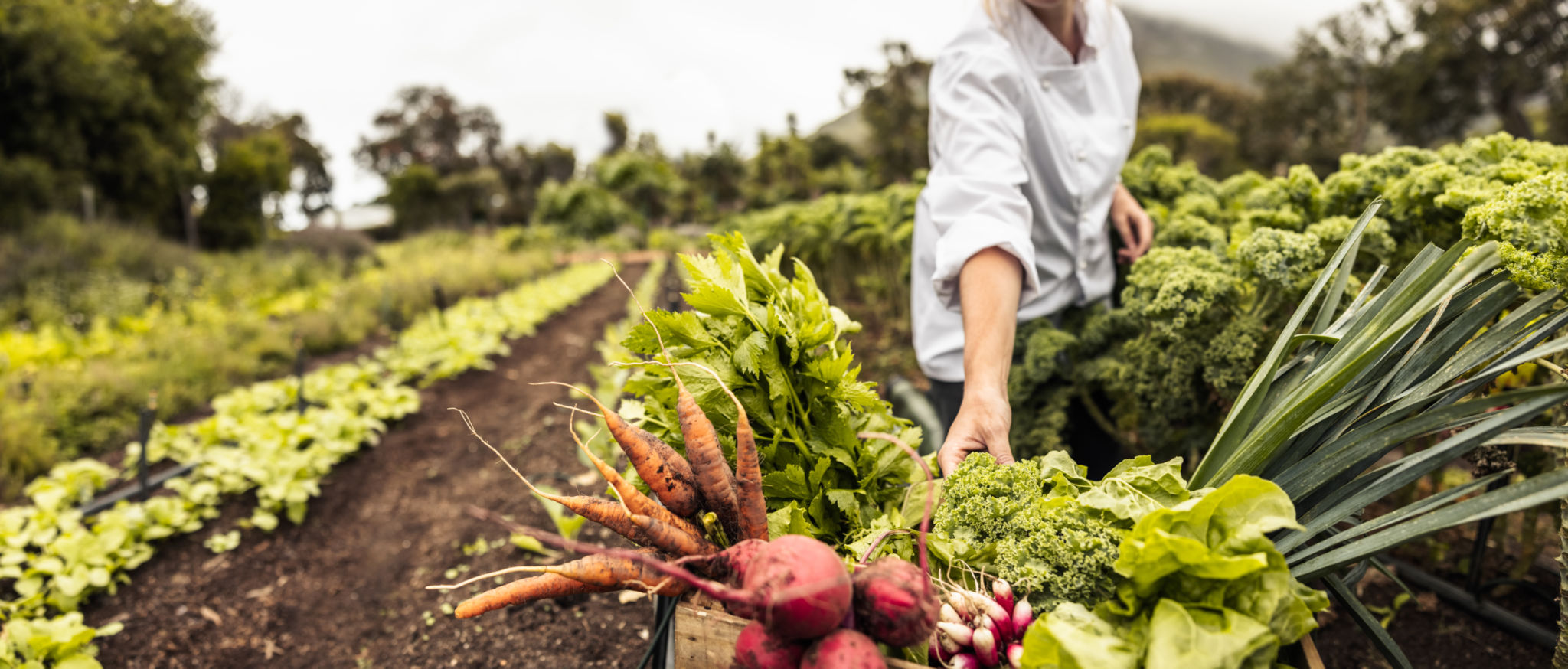Top 5 Myths About Organic Farming Debunked
Understanding the Realities of Organic Farming
Organic farming is a term that has gained significant traction in recent years, largely due to the increasing consumer demand for sustainably produced food. However, this popularity has also led to the rise of numerous myths and misconceptions about what organic farming truly entails. In this blog post, we aim to debunk some of the most common myths surrounding organic farming.

Myth 1: Organic Farming Doesn't Use Pesticides
A widespread misconception is that organic farming entirely avoids the use of pesticides. The truth is, organic farmers do use pesticides, but they are typically derived from natural sources. These natural pesticides must meet stringent regulatory standards to ensure they are safe for use and do not harm the environment.
It's important to note that even natural pesticides are applied with caution and are part of an integrated pest management strategy that prioritizes crop rotation, biological pest control, and other non-chemical methods.
Myth 2: Organic Farming Is Always Better for the Environment
While organic farming practices often emphasize sustainability, it's not a guarantee of being more environmentally friendly in every case. Organic farming can sometimes require more land to produce the same yield as conventional farming. This is because organic methods might not always achieve the same efficiency in terms of crop yield per acre.

However, organic farming does benefit the environment by promoting biodiversity, improving soil health, and reducing pollution from synthetic fertilizers and pesticides. The environmental impact of farming practices varies significantly based on specific methods used and local conditions.
Myth 3: Organic Food Is Always Healthier
Many consumers believe that organic foods are inherently healthier than their non-organic counterparts. While organic foods are produced without synthetic chemicals and GMOs, which some consumers prefer to avoid, there is limited scientific evidence proving that they are nutritionally superior.
The nutritional content of food depends more on factors such as soil quality, crop variety, and farming practices than whether it is labeled as organic or not. It's essential to focus on a balanced diet rich in fruits and vegetables regardless of their organic status.

Myth 4: Organic Farming Is Completely Chemical-Free
This myth is closely related to the pesticide misconception. While organic farming restricts synthetic chemicals, it doesn't eliminate them entirely. For instance, naturally occurring minerals like copper sulfate are allowed as fertilizers or pesticides under organic guidelines.
Organic certification also allows for certain non-synthetic substances if no viable alternatives exist. However, these exceptions are tightly regulated to ensure they do not compromise environmental or food safety standards.
Myth 5: Organic Farming Is Too Expensive to Be Scalable
Critics often argue that organic farming can't be scaled up to meet global food demands due to higher costs and lower yields. While it's true that organic products can be more expensive due to labor-intensive practices and lower yields, the scalability of organic farming is improving with advancements in sustainable technologies and practices.

Farmers are adopting innovative methods such as precision agriculture, eco-friendly pest control, and soil enhancement techniques to improve efficiency and productivity. As consumer demand for organic products grows, economies of scale may help reduce costs over time.
Conclusion: Embracing a Balanced Perspective on Organic Farming
Organic farming plays a crucial role in promoting sustainable agriculture and providing consumers with choices that align with their values. By debunking these myths, we hope to encourage a more informed conversation about the benefits and limitations of organic farming. Understanding these nuances allows consumers and producers alike to make decisions that positively impact health, economy, and the environment.